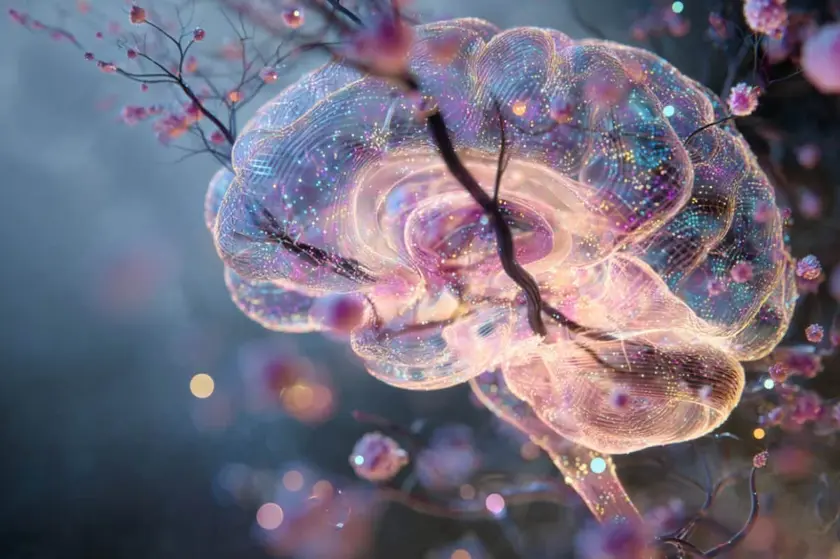T4K3.news
Specific Musical Anhedonia Reveals Hidden Brain Disconnect
A rare brain condition makes music emotionally flat despite normal hearing and appreciation of other rewards.

A rare brain condition makes music emotionally flat despite normal hearing and appreciation of other rewards.
Specific Musical Anhedonia Reveals Hidden Brain Disconnect
Researchers describe specific musical anhedonia, a rare condition where listening to music does not elicit pleasure even though hearing is normal. The condition stems from a disconnect between the brain's auditory network and the reward system. The team developed a tool called the Barcelona Music Reward Questionnaire to measure how rewarding music feels. It looks at five ways music can be rewarding: it can evoke emotion, help regulate mood, foster social connections, involve movement, and provide new experiences to seek.
Key Takeaways
"Specific musical anhedonia shows a real brain disconnect between hearing and reward."
Key finding from the study highlighting the core mechanism.
"Music can be heard and processed yet not enjoyed unlike other rewards such as money."
Illustrates the selective nature of the condition.
"This work invites a broader view of how individual joy is built in the brain."
Editorial takeaway about implications for neuroscience.
Findings from behavioral tests and brain scans show that people with musical anhedonia can hear melodies and understand them, but their brain's reward circuit responds less when they listen to music. They still respond normally to other rewards, such as money, indicating the problem is music specific. The researchers note a genetic component, with studies suggesting up to 54 percent of the variation in music enjoyment may come from genes. Ongoing work aims to identify genes involved and to determine whether the condition is stable through life or reversible. Funding comes from multiple funders including the European Regional Development Fund and the Canadian Institutes of Health Research.
Highlights
- Pleasure from music comes from a chorus of brain networks
- When the reward system and hearing drift apart music can fail to move
- Music reward can reveal why some people feel joy differently
- Studying music pleasure may unlock new paths to treat joy disorders
The study invites us to rethink how we measure joy and how tiny brain circuits shape everyday life.
Enjoyed this? Let your friends know!
Related News
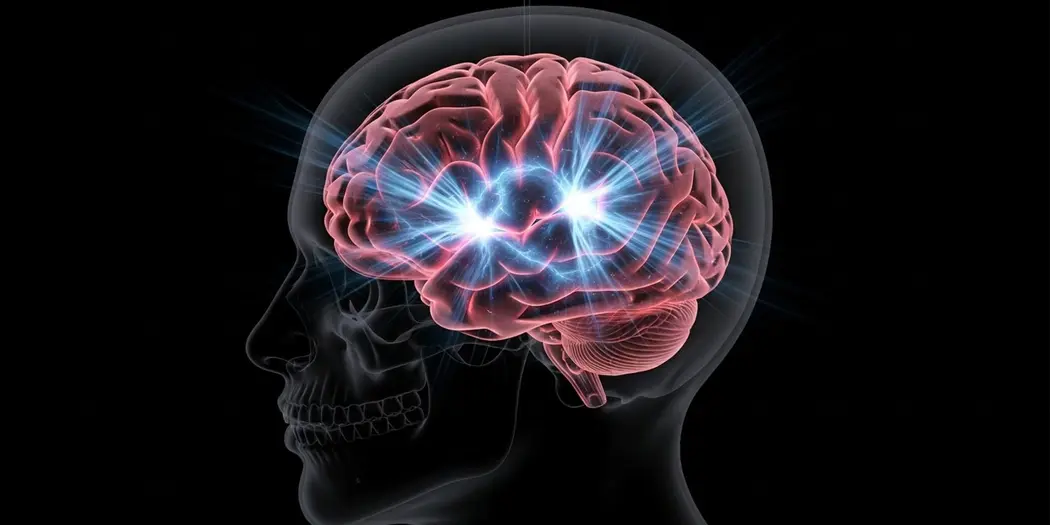
Groundbreaking study reveals brain emits light
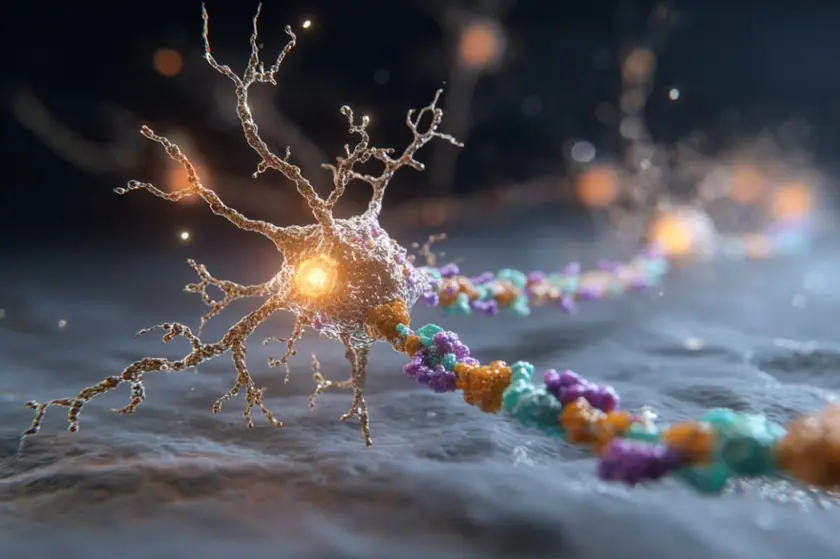
New study reveals secrets of mood regulation receptors
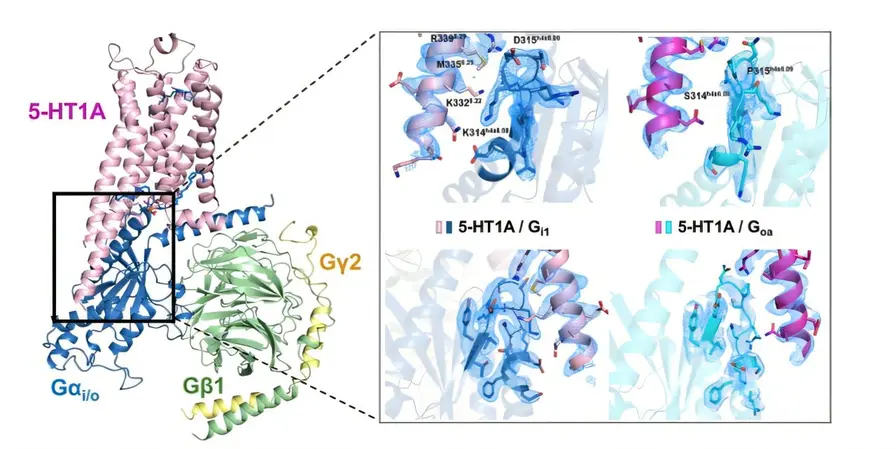
New findings on serotonin receptor could reshape mental health treatments

Billy Joel shares health update after brain condition diagnosis

Signs of health issues linked to night waking

Study reveals human DNA linked to hibernation

New Study Reveals Neural Mechanism in Fear Responses
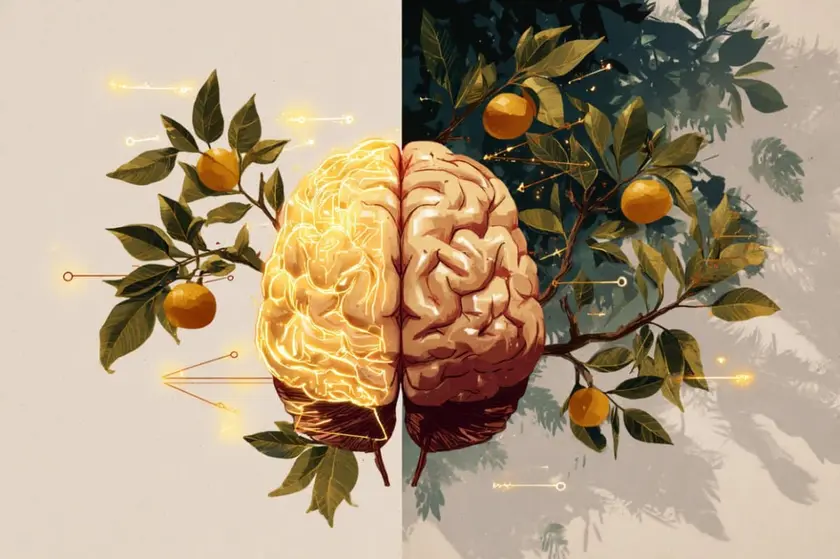
New Study Uncovers Brain Mechanisms Behind Reward Processing
